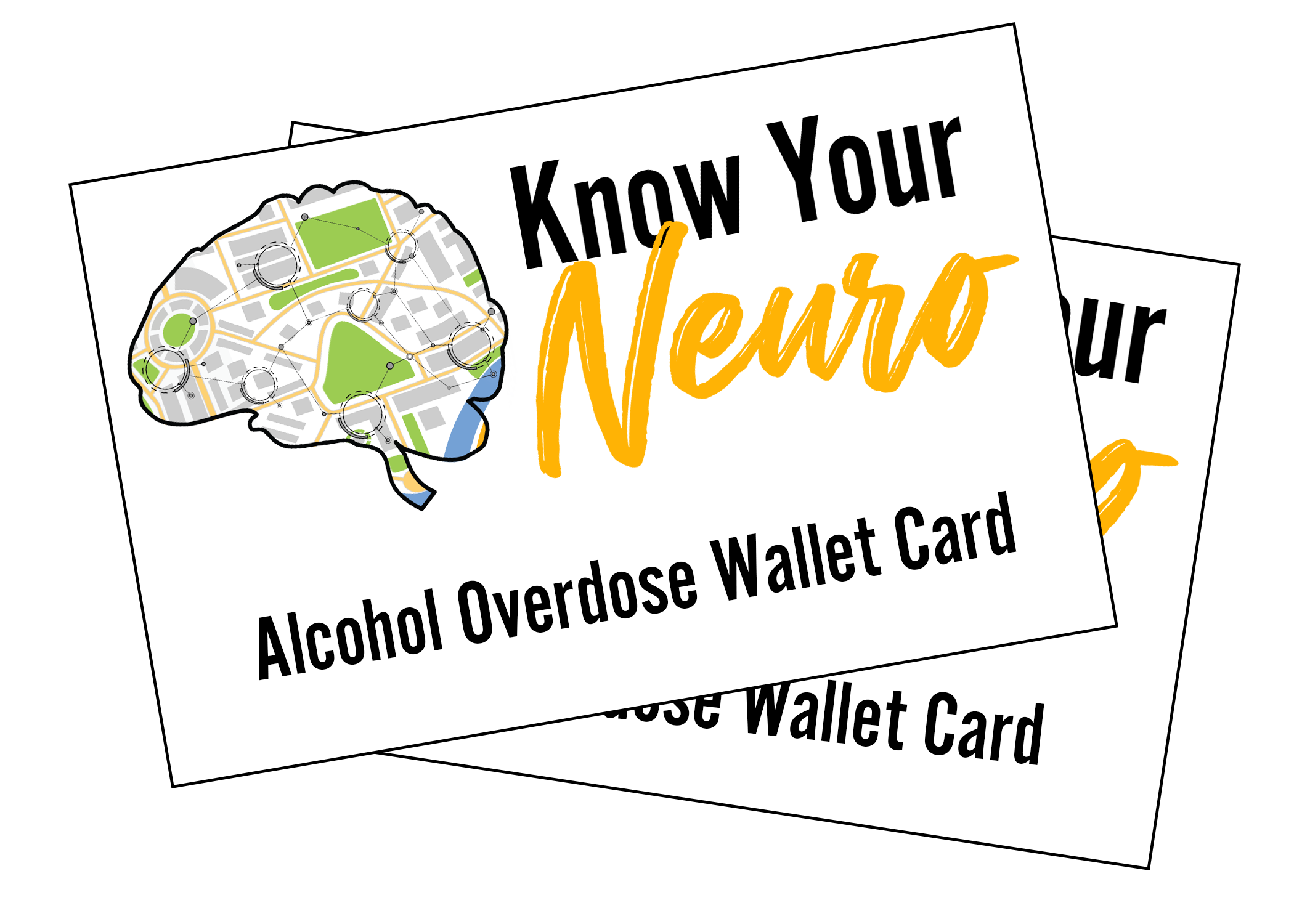Binge Drinking
Consuming four or more drinks in a row (for women) and five or more drinks in a row (for men) within a couple of hours. This results in a dangerous BAC (Blood Alcohol Concentration) of .08 or above. Teens tend to drink higher quantities of alcohol per occasion compared to adults. Binge drinking may result in neurodevelopmental changes to the brain that can persist into adulthood.
curriculum videos & activity guides
Grade K-2
Grade 3-5
Grade 6-12
classroom tools
Rethinking Drinking was created by the National Institute on Alcohol Abuse and Alcoholism (NIAAA), a part of the National Institutes of Health. Rethinking Drinking is designed for U.S. adults who drink alcohol but can be a useful tool to teach young people the harms of binge drinking. Because 90% of adults who are diagnosed with an alcohol use disorder began drinking in their teens, knowing the symptoms of problem drinking early may empower youth to make positive choices and rethink drinking.
take a quiz
Worried that you or someone you love may have binge drinking problem? Take the interactive self-assessment to learn more then get connected to a trusted adult or counselor that can help.
Does your drinking put you at risk of harm? Are you at risk of becoming addicted? This simple test helps you sort it out. A few simple questions. No judgments. Just the facts.
Resources
Start a youth movement with the Student Leader Toolkit from the Power of You(th) MADD program and get the latest stats on drunk and drugged driving from the National Highway Traffic & Safety Administration.
Watch fun videos about alcohol and the brain appropriate for grades 5 and up from Ask, Learn, Listen.org's YouTube Channel.
Contact Us
If you need help and are under the age of 18, reach out to a trusted adult, such as a counselor, a parent, a teacher, or a coach. Finding assistance and the best-fit resources in your community is priority. To book Dr. Crystal Collier to present at your school, parent organization, or in your community, please contact us!
Stay connected
Connect with Know Your Neuro emails and newsletters. Sign up below to receive marketing materials and stay up-to-date on the latest information about the different high-risk behavior and issues young people are facing today...and their effects on brain!










